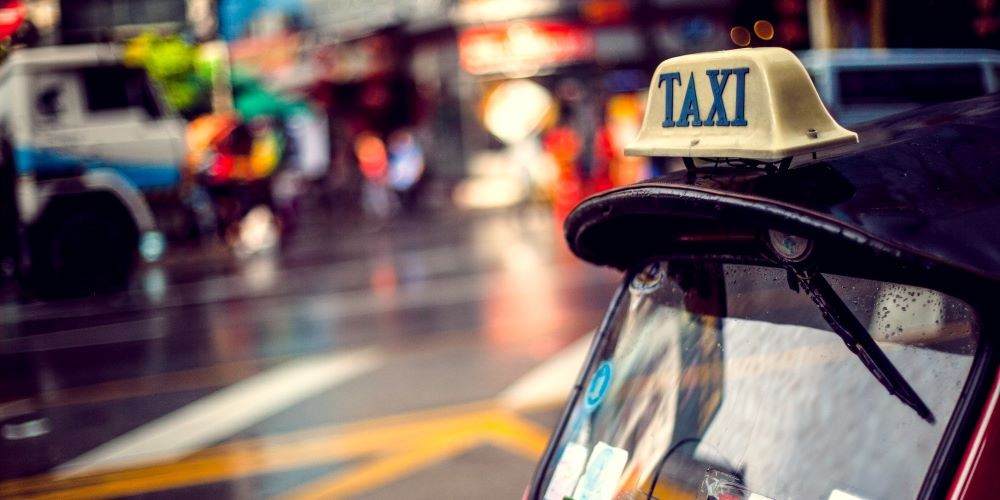Columbia's International Play Reading Festival Continues with 'Taxi Radio'
The Columbia University School of the Arts continued its second week of the International Play Reading Festival with a reading of Taxi Radio written (and translated from the Thai) by Nophand. Nophand is a Thai citizen who after thirteen years living in London since migrating there at the age of nine, returned to Bangkok to pursue a career in acting. This led to a broader exploration of writing and directing, and he has now staged fifteen productions that mainly reflect upon contemporary issues of the human condition. Nophand continues to explore the art of theatre—introducing Bangkok audiences to site-specific, immersive, and single-audience experiences that echo our collective thought. This production of Taxi Radio was directed by Aya Ogawa. Ogawa is a Tokyo-born, Brooklyn-based playwright, director, performer, and translator whose work reflects an international viewpoint and utilizes the stage as a space for exploring cultural identity, displacement, and other facets of the immigrant experience. She recently directed Haruna Lee’s Obie Award-winning Suicide Forest at The Bushwick Starr and its off-Broadway remount for Ma-Yi Theater. She is also currently a resident playwright at New Dramatists, a Usual Suspect at NYTW.
Music is an inseparable element of the play, and, as festival co-founder Associate Professor David Henry Hwang noted, Nophand adapted the version that was specifically recorded for the podcast and listening party. The music showcased original compositions by D. R. Baker and Theo Van Dyck (who also contributes original trumpet improvisations). “Each city has a life of its own,” said Hwang. “Taxi Radio isn’t a station on the airwaves or a cab ride—it’s one night in the city of Bangkok where rhythm seems to be the only thing that can move on.” Though the reading featured performances by actors based in New York, “the dialogue is infused with the political and environmental consciousness of Thailand,” Hwang said.
During the introduction to the play, Ogawa shared how her collaborative relationship with Nophand began. The two met recently at the 2019 Asian Playwrights Meeting, which was held in Indonesia. The goals of the Asian Playwrights Meeting are to develop a network of Asian playwrights and theatre workers, and to develop a better understanding between artists in the region. The programme also consists of public play readings and discussions. Nophand’s Taxio Radio was among the plays read at the meeting: “Despite the language barrier,” Ogawa recalled, “the essence of this play and its sense of musicality, nostalgia, danger, and mundanity all shown so clearly through to me.” Ogawa also shared how another playwright among the 2019 Asian Playwrights Meeting cohort described the play as “a wounded love letter to Bangkok.”
Nophand reflected on his return to Bangkok after living abroad, saying, “A lot has changed and a lot has happened.” Speaking about the city that the story is about, he said, “Everybody’s got their own directions, we’ve all got places we want to go, so it’s like a spiritual journey that resonates our past, present, and future as a citizen living here in Bangkok.” Ogawa added that the play should resonate with anyone who has lived in a large city, “be it Bangkok or New York City.”
Taxi Radio unfolds on a stormy night in Bangkok, as four beings are stuck in traffic. Accompanied by karaoke hits, the play is a dark comedy that conjures the afterlife and calls upon higher powers to critique cycles of corruption. This soulful play highlights the absurdity of navigating one’s own life in the maelstrom of expectations and statuses. GPS, Google, and Facebook won’t help you out of these dead ends.
Listen to the podcast here and see the complete festival schedule here for future events. Nophand will discuss Taxi Radio in the festival’s Translator Panel Discussion and in the Playwright Panel Discussion later this month.
